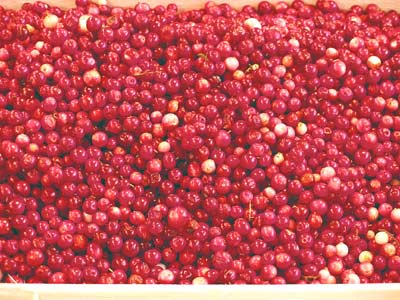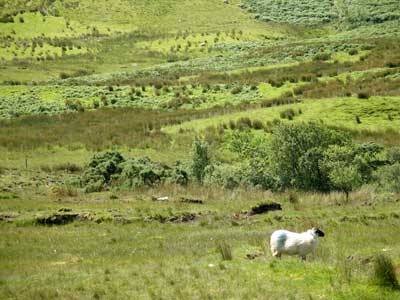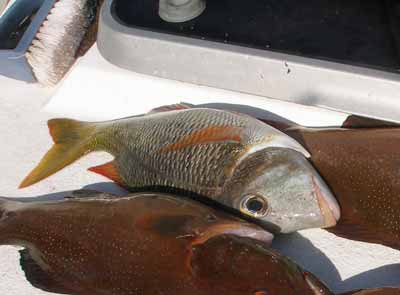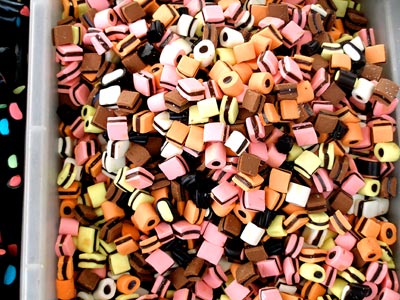
The lingonberry or cowberry, also known as red whortleberry is similar to a cranberry with which it is sometimes confused in translations. They are popularly picked in northern and central and Eastern Europe particularly in Nordic and Baltic countries. They are most frequently turned into preserves or served as a sauce with meats such as reindeer or elk.
Linseeds or flax seeds are edible and used ground as flour, powdered and eaten with boiled rice in India, particularly Bihar. In the West, they are more likely to be sprinkled on your morning cereal for health reasons. Flax seeds contain high levels of dietary fibre including lignans, an abundance of micronutrients and omega-3 fatty acids.

An ancient, but not necessarily rare breed of Scottish sheep, bred traditionally on Scottish hills so that the meat has good flavour. The Blackface breed is the most numerous breed in Britain accounting for over three million ewes, representing 16% of the British pure-bred ewe flock. The vast majority are found in Scotland. They are versatile, adaptable and hardy. They are good milkers and produce low-fat meat.
Linzer Delikatess is a fingerling potato similar to a Jersey royal with smooth skin instead of flaky. Dense flesh but disappointing flavour.

A name for the redthroat emperor, a fine fish caught in the northern tropical waters of Australia. The flesh is comparable to coral trout, which we caught at the same time.
A liquidiser is a piece of electrically-powered equipment which is used to blend, purée or chop ingredients.

Liquorice Allsorts are still made by Bassett's and have been since 1899, when one of their salesman, Charlie Thompson, tried to sell samples of liquorice and some chips, plugs, twists and buttons of cream paste to a wholesaler. The wholesaler wasn't interested and Mr Thompson gathered his wares together, but knocked them over. When the wholesaler saw the collection of colourful sweets all mixed together, he changed his mind and Charlie Thompson came up with the name of Liquorice Allsorts. When Jelly Babies were launched in 1918 to celebrate the end of World War I, Bassett's called them "Peace Babies". Shortage of raw materials stopped production during the Second World War, but was resumed in 1953 when the sweets became known as Jelly Babies.